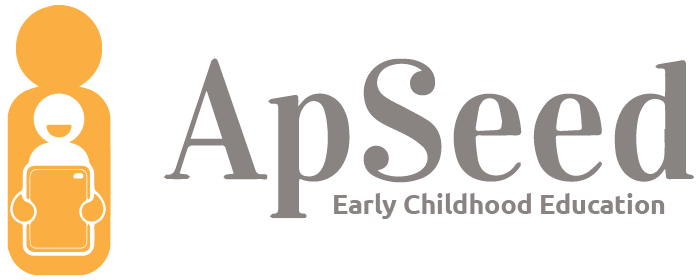DIRECTOR – ROWAN WIC DEPT.
Shelby Davis also interviewed Shanelle Wilkey. Shanelle is the director of Women, Infants, and Children (WIC) of Salisbury-Rowan Health Department. ApSeed uses WIC to distribute Seedling readers. WIC and ApSeed share the same target market of low socio-economic status (SES) children.
Shanelle was asked a series of questions on her thoughts and observations of ApSeed’s impact.
Shelby: Have you noticed a difference in children’s behavior?
Shanelle: “As a WIC Director, I do not see clients individually; however, on several occasions I have seen the children come into the WIC office with a Seedling in hand. They are occupied with the Seedling rather than running around the office.”
Shelby: What do you, as a director, think about the Seedling?
Shanelle: “I think the Seedling is a great tool that can help children learn colors, to count, ABCs, etc. It is 100% educational which is a benefit for the child.”
Shelby: Has the Seedling made an educational difference?
Shanelle: “Absolutely I feel it has. All of the apps are 100% educational and it helps them to learn to count, learn their colors, ABCs, etc.”
Shelby: What are some testimonials parents tell you?
Shanelle: “As a WIC Director, I do not see clients individually anymore, so I don’t hear as much; however, we did have a parent tell us that it helped her two year old learn to count to 10. The nutritionists have heard parents say it has helped their child learn colors.”
Shelby: In your opinion, is The Seedling helping these children get ready for Kindergarten?
Shanelle: “Yes, absolutely.”
Shanelle’s feedback gives us a different point of view. She does not directly see the child using the Seedling every day. Instead when the parents/caregivers come to their appointments the child plays with the Seedling, while the parent is with the WIC nutritionist.
The parent/caregiver often tell WIC testimonials about how the Seedling has changed their child’s life for the better.
